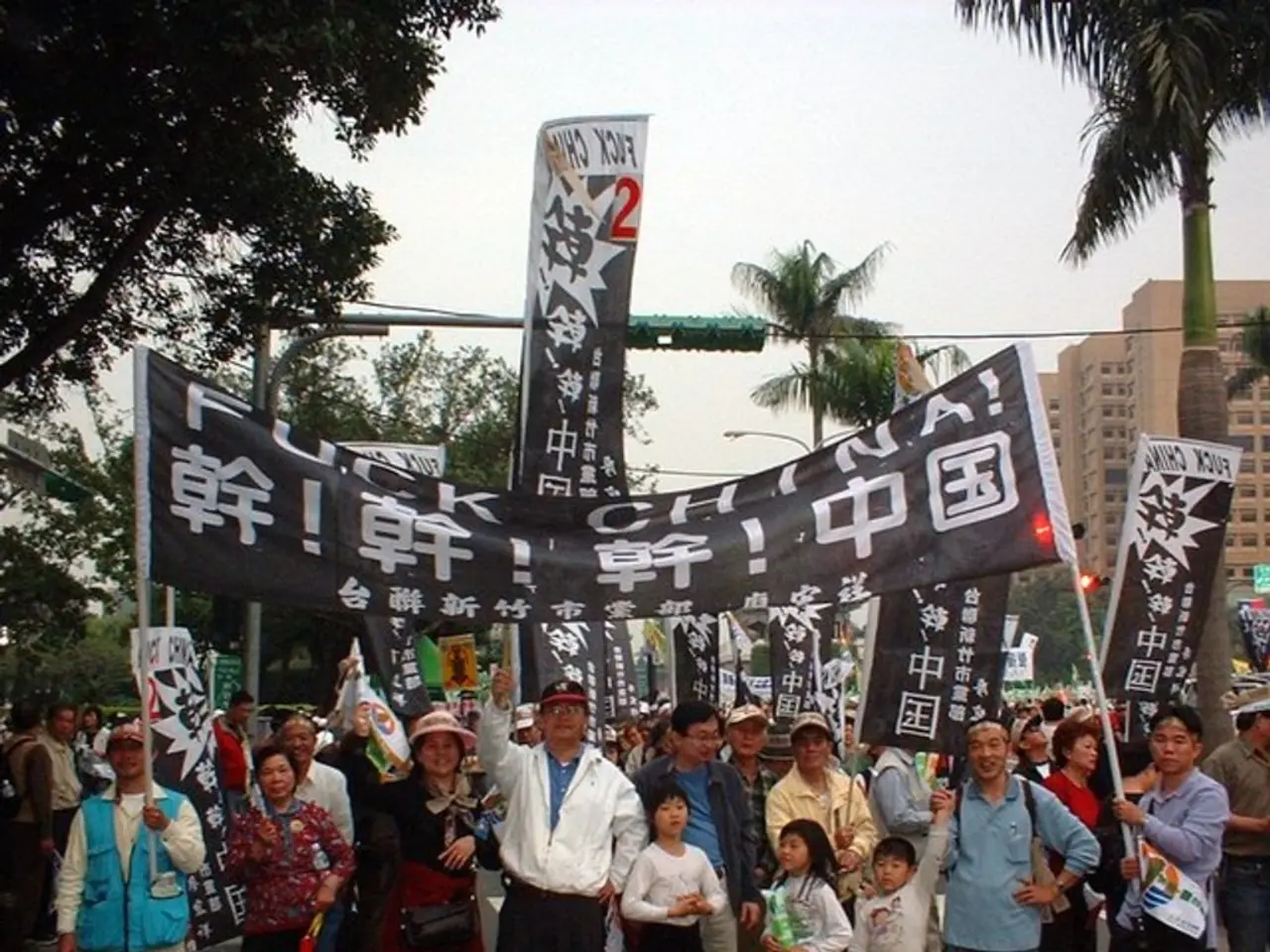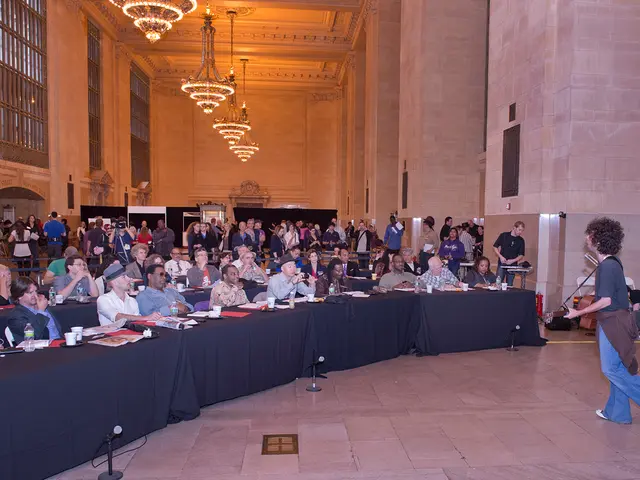Majority of Scots support imposing fines on pro-life organizations for being within 200 meters of hospitals
The Scottish parliament has passed a draft law aimed at establishing safe access zones around abortion clinics to prevent protests and vigils. However, the legislation has faced significant opposition, with the Society for the Protection of Unborn Children (SPUC) leading the charge against it.
The SPUC, a prominent pro-life organisation, has labelled the draft law as "deeply flawed" and a potential infringement on human rights. The general secretary of SPUC describes the current situation as a "dark day in Scotland's history."
The draft law, if enacted, will introduce buffer zones around Scottish hospitals and abortion facilities, with anyone taking part in a pro-life activity within 200m facing potential fines of up to £10,000. However, SPUC argues that the law has not been justified in addressing any real issues or incidents of harassment.
In response, SPUC's stance is that police are already empowered to deal with any incidents of abuse or harassment related to pro-life activities. A spokeswoman for Care for Scotland, another pro-life organisation, echoed this sentiment, pointing out that police data shows that pro-life activities do not involve the harassment some campaigners claim is taking place.
Opponents of the draft law have also requested exclusions for silent prayer. However, SPUC claims that the law has trampled on at least four European Convention of Human Rights, as it infringes on freedom of thought and private prayer. The general secretary of SPUC states that the draft law introduces thought crime into Scottish society.
The draft law is currently in stage one, and will progress to stage two for parliamentary committees to suggest and discuss amendments. In stage three, the whole chamber will vote on the legislation.
The opposition to the abortion services law is not limited to pro-life organisations. Certain individuals argue that the law could infringe on freedom of religion. They claim that the draft law, which seeks to police private thought and prayer, areas the state has no right to interfere with, is a threat to fundamental freedoms.
Despite the opposition, the Scottish government maintains that the draft law is necessary to ensure access to abortion services is not impeded by protests or vigils. The debate continues, with both sides presenting their arguments in the Scottish parliament.
Read also:
- United States tariffs pose a threat to India, necessitating the recruitment of adept negotiators or strategists, similar to those who had influenced Trump's decisions.
- Weekly happenings in the German Federal Parliament (Bundestag)
- Southwest region's most popular posts, accompanied by an inquiry:
- Discussion between Putin and Trump in Alaska could potentially overshadow Ukraine's concerns








